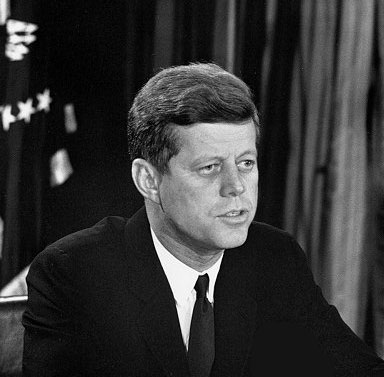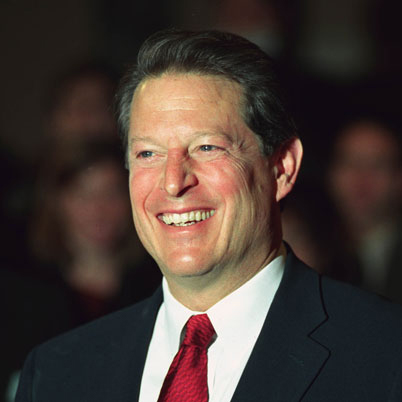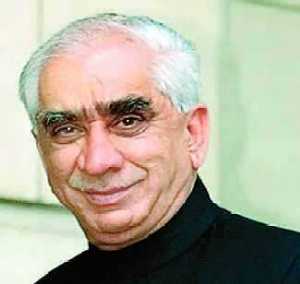In the last lesson (11) I had described some exercises which are helpful for enhancing resonance in the voice. But resonance is primarily a quality the male voice. What about the female Voice? What are the types of female voices?
For western classical singers the female voice can be classified as:
- Soprano: This voice type represents the highest vocal range ability
- Mezzo soprano or “half soprano”: vocal range that lies between soprano and the contralto voice type.
- Contralto: the voice range which is the lowest female voice type.

Jane Eaglen, famous soprano singer
Patricia O’Callaghan well known for ‘half soprano’ singing
 Karneus Katarina – famed contralto singer
Karneus Katarina – famed contralto singer
However, when we look at the scene in India, famous female singers are known for their unique voice quality. The composers choose the singer as per the demand of the situation in the film. I am talking about female playback singers and not classical singers because they are better known to the people at large. Nevertheless, the importance and greatness of the classical female singers cannot be exaggerated.
While there is no doubt each one of them was endowed with unmatched talent, the development of the voice varies remarkably. This happened due to their learning process and the way music composers worked with them to achieve the desired result in singing.
Lata Mangeshkar
It may be surprising, to many, to know that Lata Mangeshkar was rejected by many composers. They felt that her voice was very thin. In fact if we listen to her songs in very old movies, we will find that her voice was really thin. But it possessed a unique quality of a child’s innocence. However as the years passed, her voice matured. It is unrivaled even to this day. To me it appears that her singing grew as Lata Ji is seen in the following 2 pictures.
 Lata Mangeshkar in her younger days
Lata Mangeshkar in her younger days
 Lata Mangeshkar- her voice matured retaining its malady till date
Lata Mangeshkar- her voice matured retaining its malady till date
Her songs truly reflect her versatility. She sings any type of song with unique ease. Invariably, her songs please the listeners immensely. The range of her voice and the poise in her songs are remarkable indeed. Her voice is very sweet and very attractive. Besides it has stood the test of time. If anything it has grown better and better.
As I like to talk about a number of well known female singers, this lesson no 12 will have many parts.
Thanks for visiting my blog.
























